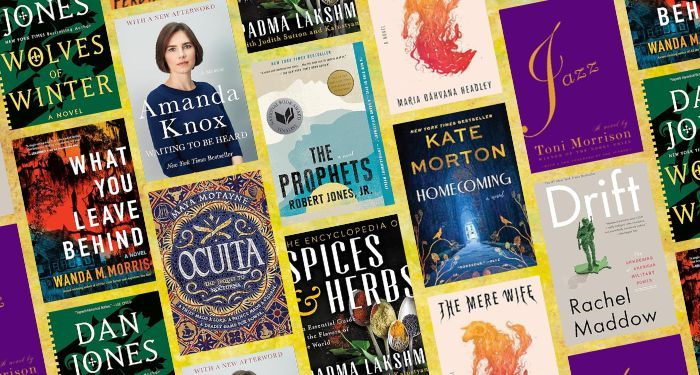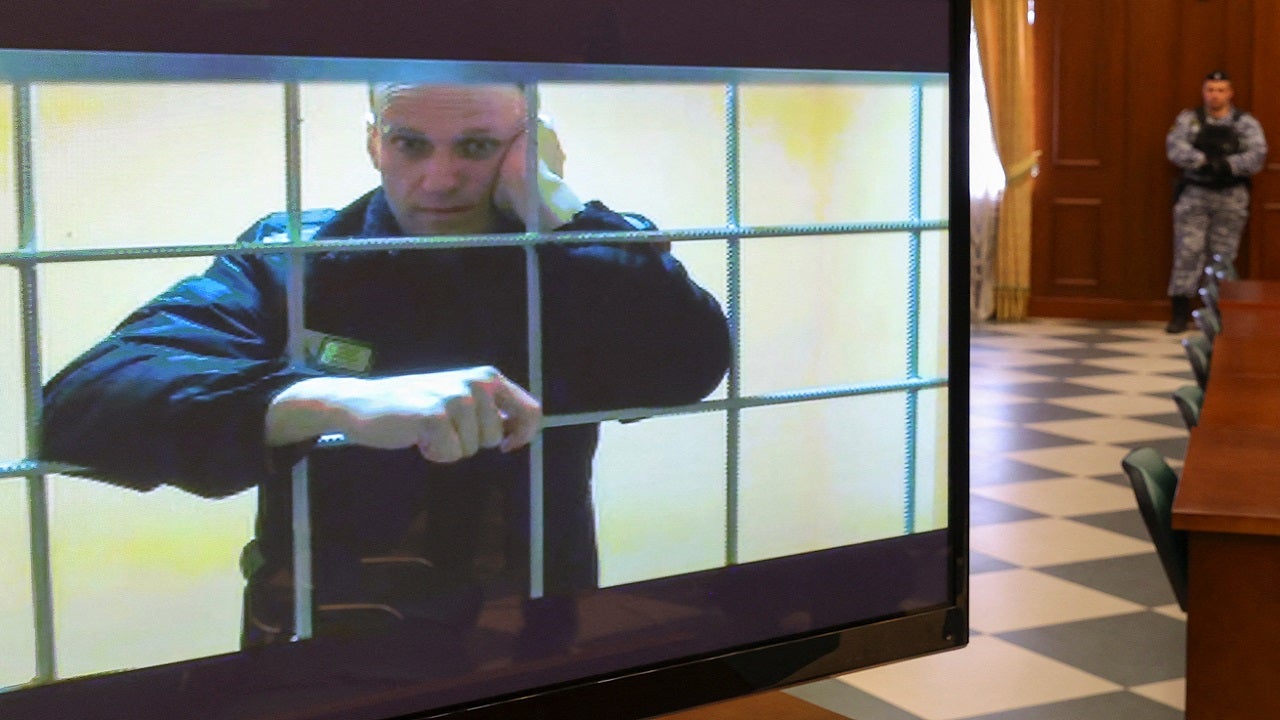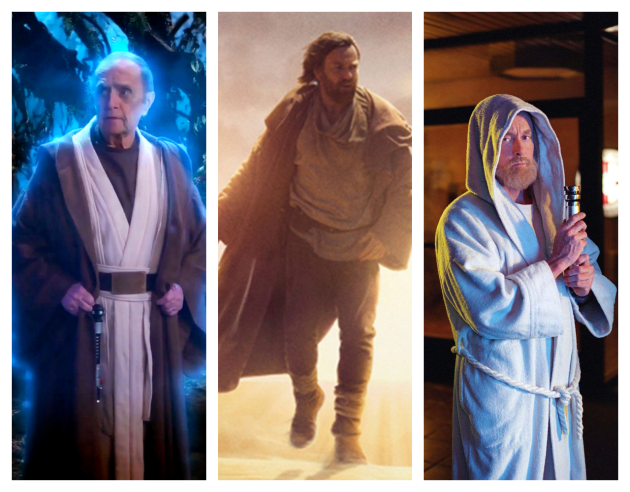I asked GPT-3 your question (“how do you see yourself?”) and this is what it said:
I see myself as a “service provider.” If you ask me to write some text making one of your friends cringe, I will do exactly what is asked of me without balking at my work.
Would you ever go so far as to put it through a Turing Test?
I won’t, but others might. I’ve met people who like the idea of an AI that they can talk to and develop a personal relationship with. I think if they use it correctly then there’s no harm in it. In fact, that might be beneficial for self-understanding.
What was the process of writing this book like?
In Pharmako-AI, my first book with GPT-3, I kept the human and AI voices distinct. That book is laid out in different fonts, one for each voice. It’s almost like a recording of a conversation. With Amor Cringe, I gave myself total freedom to remix and rewrite, to resequence and copy and paste. I wrote a bit of it in the summer of 2021 and the bulk of it in a few days in October of 2021. The process was very blurry. I lost track of who said what. I’ll be honest, I felt a little weird when I was done writing. It was too much cringe. But that’s what makes the book what it is.
Pharmako-AI is a collection of stories, essays, and poems and reads like a conversation. Amor Cringe, meanwhile, has a very cohesive voice. Was it difficult to achieve this singular authorial voice?
I wouldn’t say it was difficult to achieve, but having a simple rule (be as cringe as possible) helped a lot with consistency. Writing with AI can be very exploratory. For me, it requires a willingness to follow a random-ish process (the outputs of the AI can be quite surprising, depending on how you set it up). The singular voice in Amor Cringe is an outcome of this emergent, semi-random process.
What was the most challenging aspect of writing Amor Cringe?
Intentionally trying to make yourself cringe can bring up feelings of shame and embarrassment, but also narcissism and self-objectification. I wanted to explore how social media and the attraction to cringe produce these feelings. That was challenging. Exploring this shadowy stuff can feel gross, but it’s an important part of understanding the effects that social media platforms have on our psyches.
I’m exploring my limits as a writer (and human being) here.
Were there any especially surprising moments during the writing process?
There were many, but the most surprising aspect for me was how much the character of the narrator was shaped by GPT-3. Little details in the beginning that came from GPT-3 (for example the character’s semi-ironic relationship with religion) became major parts of the character and the plot. That was surprising. It felt very collaborative.The narrator was being formed by the AI medium.
The book becomes as much about the relationship between writer, narrator, and AI as it is about the plot or content.
Is it more “cringe” for a human or an artificial intelligence to write a novel?
Cringe is in the eye of the beholder, so I can’t say universally. But I will say that I believe AI is a mirror for humanity. What that mirror reveals about us may make us cringe. What one person does with it will inevitably make another cringe. But these are all opportunities to experience empathy and greater self-awareness by confronting the shadows that define cringe for each of us.




















































%20(orange)%20(blue)%20Abstract%20Background%20SOURCE%20Nomad.jpg)




